And so on
Feedback loop-de-loops
This edition is about why I find it difficult to tell stories. And how it’s not my fault—it's language’s.
It’s also about relationships and the brain.
But it’s really about feedback loops.
And it was mostly typed to Know Ya Wrong by The Alchemist. (Georgia wants me to mention Losing You by Solange.)
Thank you for giving it a shot. If you know anyone with a lot of time on their hands, feel free to share.
Past editions are here.
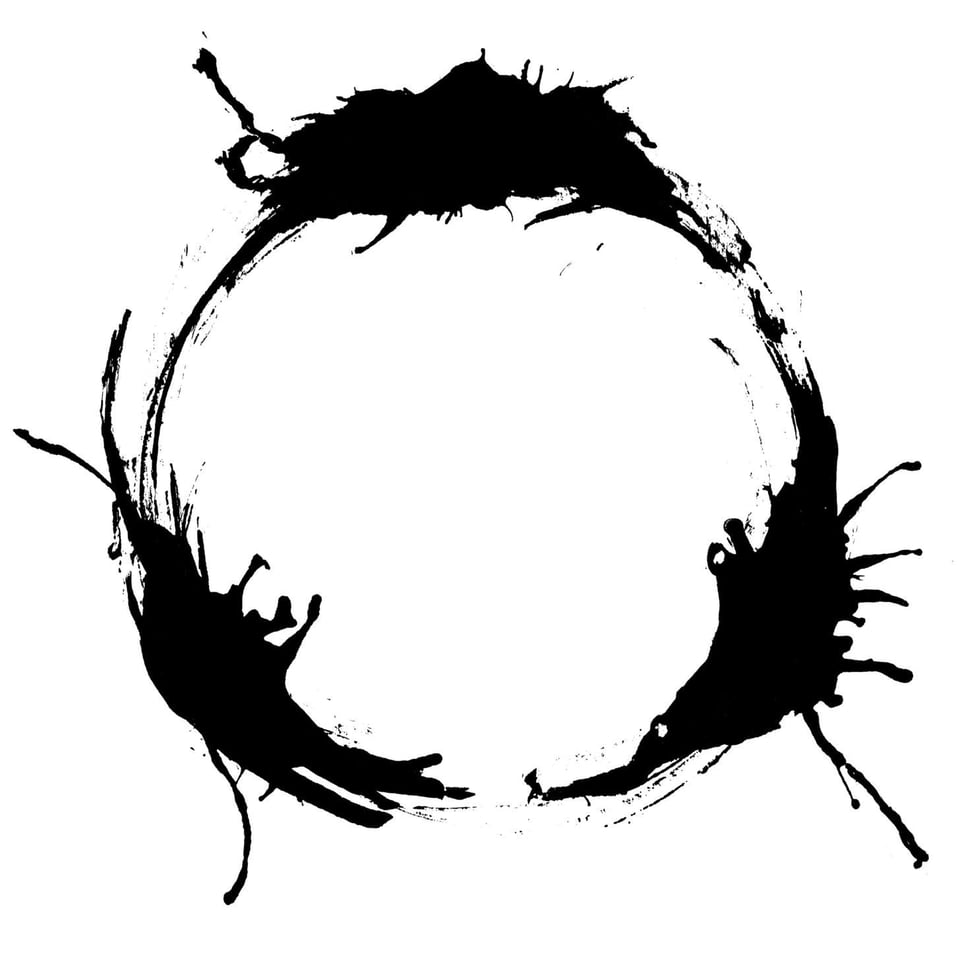
I keep running into the same communication wall. What’s my point and what details are relevant to it?
Making sense of anything means abstracting. Communicating it means carving out boundaries and skillfully omitting details. (Something I swear I tried to do in this email.)
But the closer I look at anything the more complicated interconnections get revealed. And the more backstory swirls off into infinity.
Maybe it's a reckoning of the different areas of the brain?
"The left hemisphere deals with an explicit world, where things are named and counted, where time is kept, and step-by-step plans remove uncertainty from the future. The right hemisphere exists in the moment, in a timeless, implicit world, where things are buried in context, and complicated outlooks are constantly changing.
Impatient with the right hemisphere's view of the complex whole, the competitive left hemisphere tends to jump quickly into a task, bringing language to bear, even though it may be unsuited to that particular task.”
—Betty Edwards, Drawing on the Right Side of the Brain
Can we blame the linear nature of language for encouraging understanding in terms of oversimplified cause and effect?
A then B then C. So and so “made me” do something. [World event] happened because [actor] [did something].
Systems Theory has a little something to say about this.
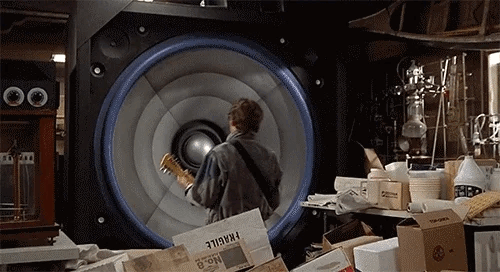
“Every person we encounter, every organization, every animal, garden, tree, and forest is a complex system.”
“A system is a set of things—people, cells, molecules, or whatever—interconnected in such a way that they produce their own pattern of behavior over time.”
“There are no separate systems. The world is a continuum. Where to draw a boundary around a system depends on the purpose of the discussion.”
“The system may be buffeted, constricted, triggered, or driven by outside forces. But the system's response to these forces is characteristic of itself, and that response is seldom simple in the real world.”
“On the one hand, we have been taught to analyze, to use our rational ability, to trace direct paths from cause to effect, to look at things in small and understandable pieces, to solve problems by acting on or controlling the world around us…
On the other hand, long before we were educated in rational analysis, we all dealt with complex systems… We have built up intuitively, without analysis, often without words, a practical understanding of how these systems work, and how to work with them.”
“Feedback loops are the key to understanding the behavior of a system.”
(Feedback loops are self-perpetuating cycles where the output of one component becomes the input of another.)
"If you see a behavior that persists over time, there is likely a mechanism for creating that consistent behavior... a feedback loop."
—Donella H. Meadows, Thinking in Systems: A Primer

Some vices apply pressure, holding things in place.
Some vices create pressure, holding people in place. First by providing relief and then by doing just enough harm to to create a stronger need for that relief. And so on.
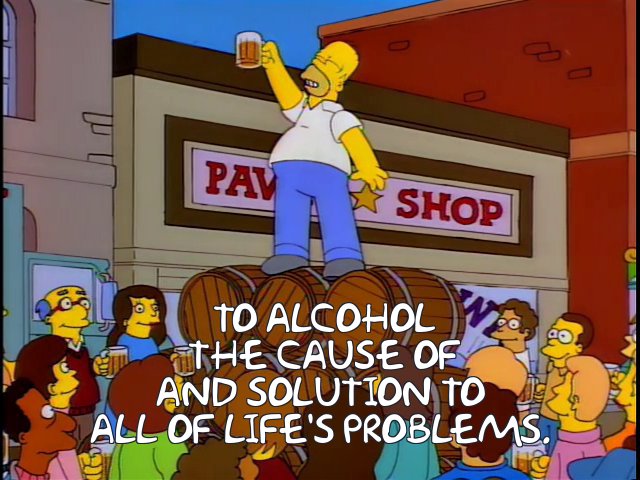
Tale #1
A traveler came upon an old farmer hoeing in his field beside the road. Eager to rest his feet, the wanderer hailed the countryman, who seemed happy enough to straighten his back and talk for a moment.
“What sort of people live in the next town?” asked the stranger.
“What were the people like where you’ve come from?” replied the farmer, answering the question with another question.
“They were a bad lot. Troublemakers all, and lazy too. The most selfish people in the world, and not a one of them to be trusted. I’m happy to be leaving the scoundrels.”
“Is that so?” replied the old farmer. “Well, I’m afraid that you’ll find the same sort in the next town.
Disappointed, the traveler trudged on his way, and the farmer returned to his work.
Some time later another stranger, coming from the same direction, hailed the farmer, and they stopped to talk. “What sort of people live in the next town?” he asked.
“What were the people like where you’ve come from?” replied the farmer once again.
“They were the best people in the world. Hard working, honest, and friendly. I’m sorry to be leaving them.”
“Fear not,” said the farmer. “You’ll find the same sort in the next town.”
—Unknown
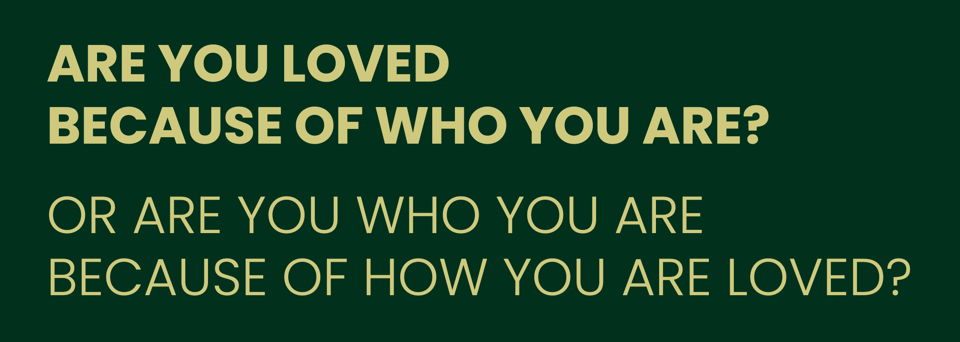
Tale #2
Once upon a time, Charlie and Blake date. Charlie is into Blake but Blake isn’t so sure.
Charlie senses Blake’s reservation, perhaps subconsciously. Charlie feels insecure, gets self-conscious, and clamors for validation.
Blake doesn’t like the way Charlie is acting and becomes even less sure. Charlie’s confidence gets even shakier.
And so on.
One day, Blake hears the old farmer’s wisdom, takes a leap of faith, and gives Charlie some positive reinforcement. Charlie relaxes a little.
Blake likes Charlie more at ease and becomes even more supportive. Charlie blossoms. Blake swoons.
And so on.
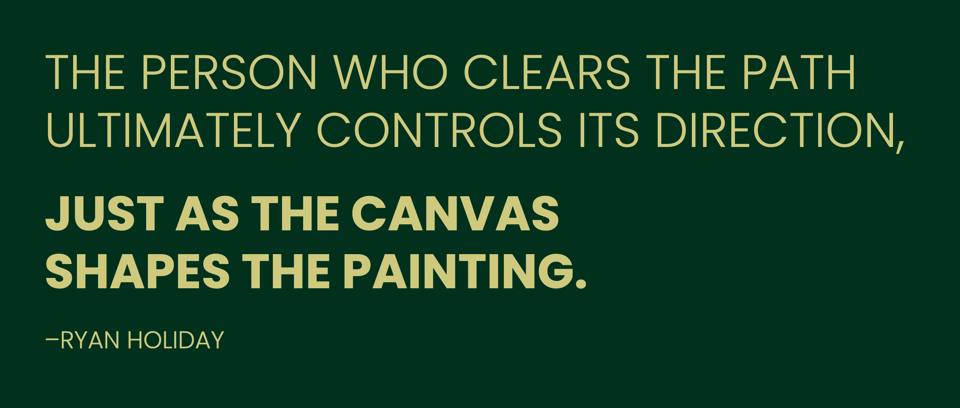
“(1) Every human movement, thought, or feeling is a precisely timed electric signal traveling through a chain of neurons—a circuit of nerve fibers. (2) Myelin is the insulation that wraps these nerve fibers and increases signal strength, speed, and accuracy. (3) The more we fire a particular circuit, the more myelin optimizes that circuit”
―Daniel Coyle, The Talent Code
Neurons that fire together, wire together.
—Hebb’s Law
And then take less effort to fire together. And so on.

At first using shampoo to rid your hair of its natural oils makes it feel clean. But when hair’s oil production over corrects it feels like it needs to be washed again. And so on.
Down with Big Shampoo.
-
Profound, Phil! So well written.
-
I relate so hard to your opening!!
Add a comment: